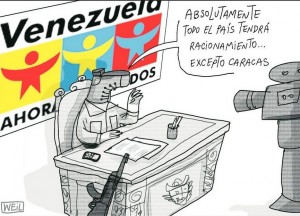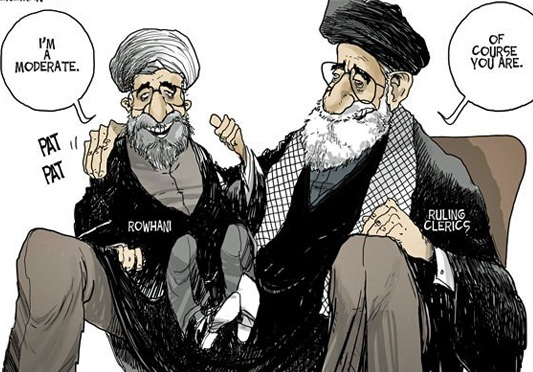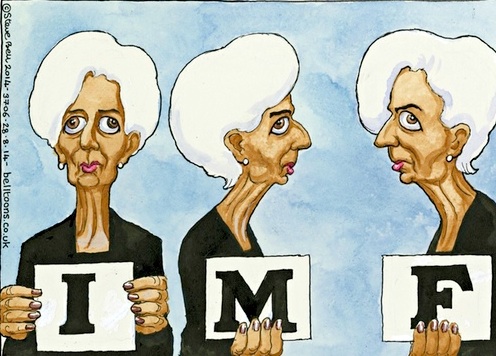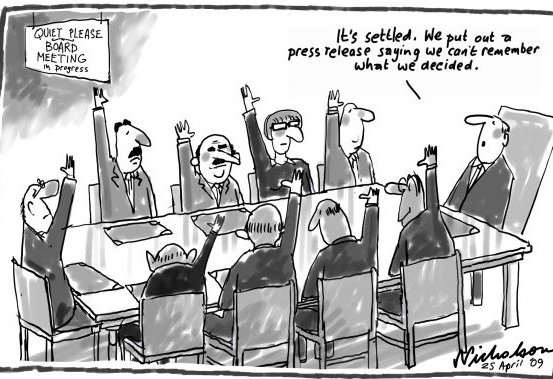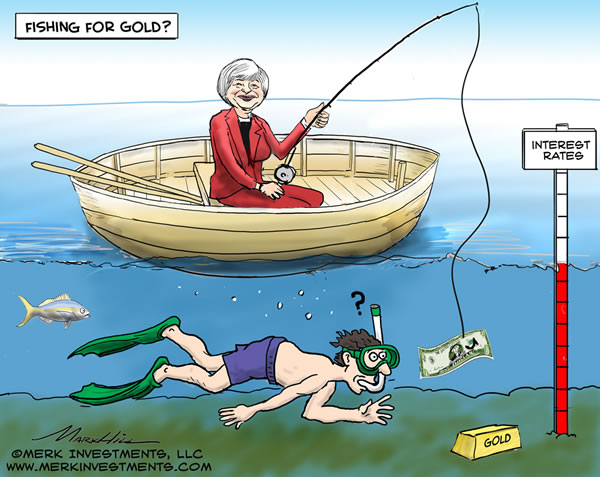Anatoly Kurmanaev and Andrew Rosati write: Venezuelan soldiers seized a food distribution center rented by companies including Nestle SA, PepsiCo. Inc and Empresas Polar SA in Caracas as the government looks to boost support ahead of elections.
The companies were given two months to remove equipment and stock at the La Yaguara industrial park, which will be converted to social housing, workers said. Several dozen workers of Polar, the largest Venezuelan food company, remain on the premises in protest against the expropriation.
President Nicolas Maduro in recent months has stepped up attacks on the private sector, which he accuses of profiteering and sabotage, as his popularity wanes ahead of the Dec. 6 congressional elections. He has blamed Polar and other private food companies for the chronic shortages of basic products and spiraling inflation, while maintaining currency and price controls that have made most of national production unprofitable.
Government ‘Terms’
“This is a scare tactic to get private companies to cooperate with the government ahead of the elections: helping them keep the right stores supplied and work on their terms,” Risa Grais-Targow, Latin America political analyst at consultancy Eurasia Group, said by telephone from Washington. “I think the government understands that taking over a company like Polar will create dangerous social dynamics.”
Carmen Arreaza, a 51-year-old elementary school teacher, and a few dozen other government supporters gathered in front of the warehouse to demonstrate support for the expropriation.
The government had first notified the landlord of plans to expropriate the industrial park in 2013, Nestle spokesman Andres Alegrett said by telephone from Caracas on Thursday. Nestle used the facility to dispatch about 10 percent of its products in the country, supplying sweets and drinks to the western side of Greater Caracas, he said.
“We are working to redirect the products to other facilities across the country,” Alegrett said.
It remains unclear whether the companies will keep the merchandise in the affected warehouses, Polar’s planning manager Douglas Vielma said Thursday afternoon.
The La Yaguara industrial park is also being used by U.S. grain trader Cargill Inc., Mexican bottler Coca-Cola Femsa SAB and industrial gases supplier Praxair Inc.

